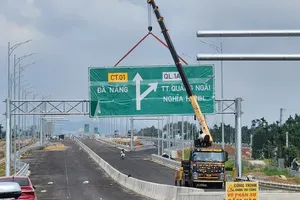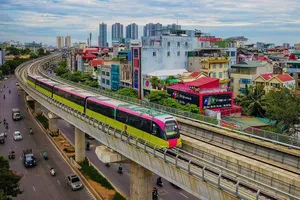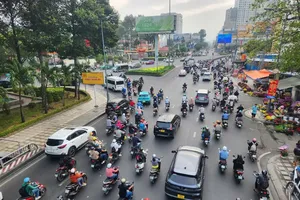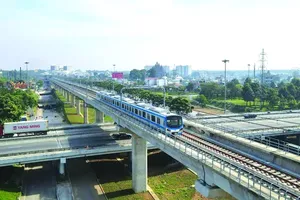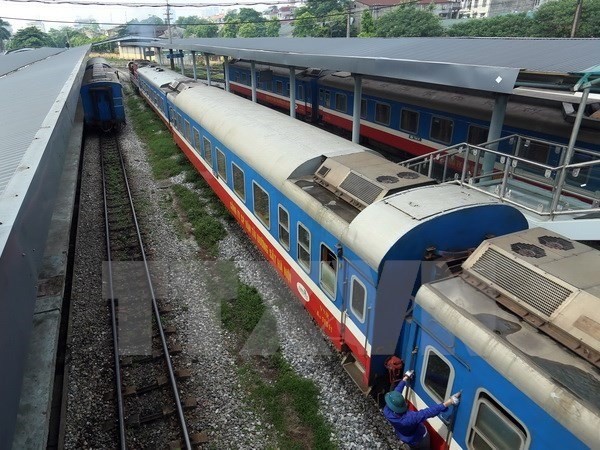
According the project plans, the 391 kilometre railway linking Hai Phong city, Hanoi and Lao Cai province will have the global standard track gauge of 1,435mm instead of century-old gauge of 1,000mm common in Vietnam. The average speed for passenger trains can reach 160km per hour while the freight ones will run at about 90km per hour.
During a recent meeting on the planning for the new railway, which will run in parallel with the existing slow one with an average speed of 50km per hour, Deputy Minister of Transport Nguyen Ngoc Dong said that it would play a key role in the socio-economic development of the localities it runs through, including Lao Cai, Yen Bai, Phu Tho, Vinh Phuc, Hanoi, Hung Yen, Hai Duong and the port city of Hai Phong.
It was also expected to improve Vietnam’s international transport connectivity and trade activity, particularly with China, he said, adding that the railway will draw more Vietnamese exports to China, or they may be transported there before leaving for Central Asia or Europe and vice versa.
The State-owned Beijing-based China Railway Fifth Survey and Design Institute Group was the consultant unit to map the planning of the rail route. They were also asked to look into the possibility of connecting the rail tracks in Lao Cai with those on the other side of the border in China’s Hekou County.
Vietnam Railways Deputy General Director Phan Quoc Anh said that the difference in track gauge remained a major barrier to rail transport between Vietnam and China.
According to Anh, most of China’s railways were built with the standard track gauge and only a number of short-range railways near the Vietnamese border had the 1,000mm gauge tracks.
Vietnamese products delivered to China on trains could only reach the Shanyan train station in the border area of Hekou, or slightly further at the Shilicun station in Yunnan at most before they were forced to load off and on again to bigger wagons. That was the only way the goods could go deeper into China to access a wider market.
Dong said that the Ministry of Transport was proactively negotiating with China to finalise plans to connect the two sides’ rail tracks so that the construction could start as soon as possible.
Vice Chairman of the People’s Committee of Lao Cai province Nguyen Thanh Duong said that the province is set to sign a cooperation agreement with Hai Phong and Yunnan to promote cargo transport this May.
With the new rail route in the planning stages, the opportunity to raise the freight volume between the three localities was huge, he said, adding that a connection of rail tracks between Vietnam and China will not only increase the freight transport but the passenger transport also.


